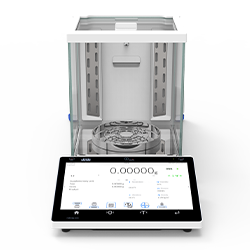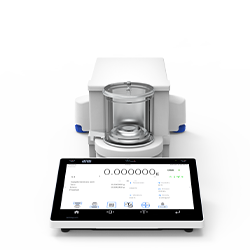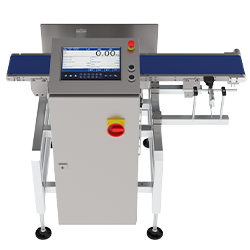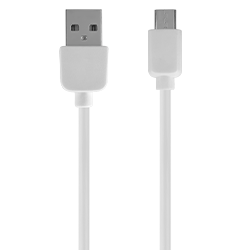Terminal de pesage PUE CY10
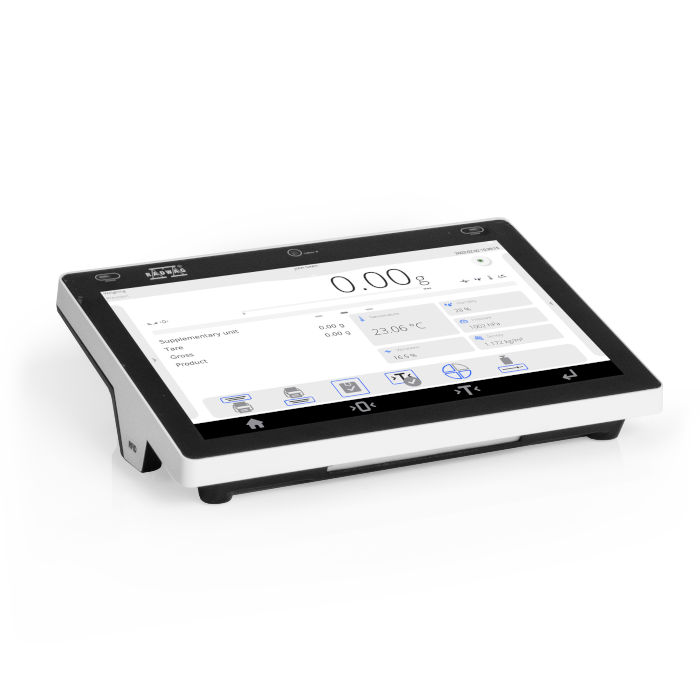
L’innovation comme ELLIPSIS
- écran tactile 10 pouces,
- vérification de l’utilisateur sans compromis,
- hotspot - utilisez la balance sur n’importe quel dispositif connecté. Il peut s’agir d’un smartphone, d’une tablette ou d’un ordinateur,
- RFID - permet l’accès par l’identification électromagnétique,
- Texte Live Note,
- commandes vocales données à l’appareil,
- historique pratique des mesures dans la Handy Library,
- widgets - préparé pour afficher ce dont vous avez le plus besoin en ce moment,
- alertes de lumière Ambient Light - la couleur de surbrillance vous informe sur l’état, les résultats du processus, les procédures ou les alertes.
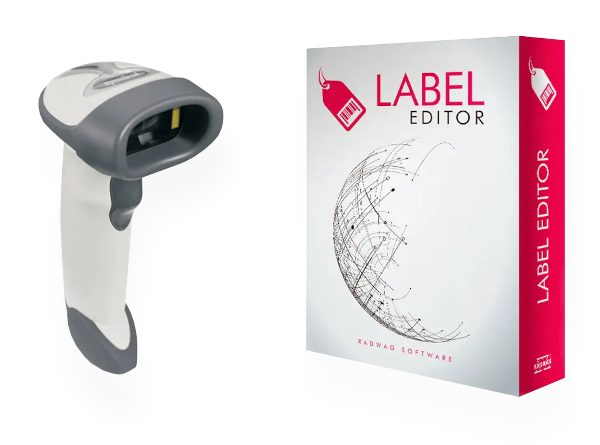
Fonctionnalité de balance d’étiquetage
- fonctionne avec le programme informatique Éditeur d’étiquettes R02,
- est compatible avec les imprimantes d’étiquettes ZEBRA,
- prend en charge les labels individuels, collectifs et collectifs de collectif,
- permet l’importation / exportation de modèles d’étiquettes à l’aide d’une clé USB,
- permet d’attribuer des étiquettes à un produit ou à un client et d’imprimer une étiquette globale.
Logiciel pour tâches spéciales
- coopération avec jusqu’à 2 plates-formes de pesage,
- mise à jour des données statistiques séparément pour chaque produit ou globalement,
- mode « Tare » étendu avec la possibilité de travailler en mode « Délivrer du produit final ».

Le Modbus TCP/IP
Wi-Fi® est une marque déposée de Wi-Fi Alliance®.








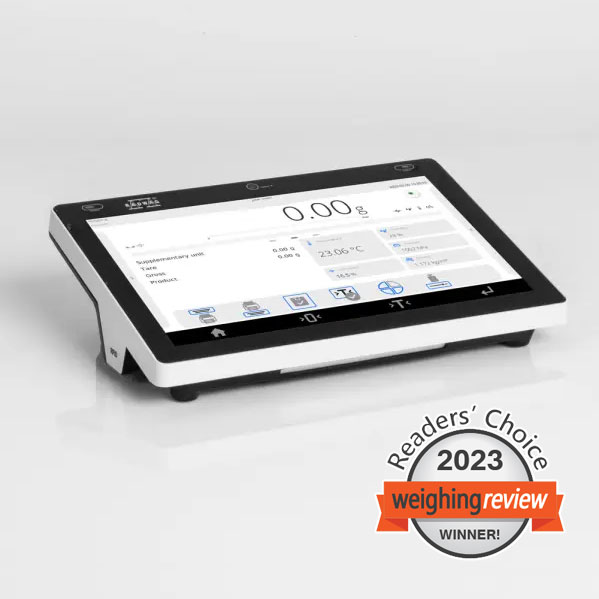

 Additional fee
Additional fee
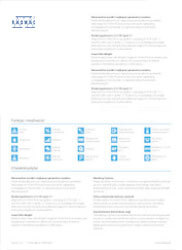
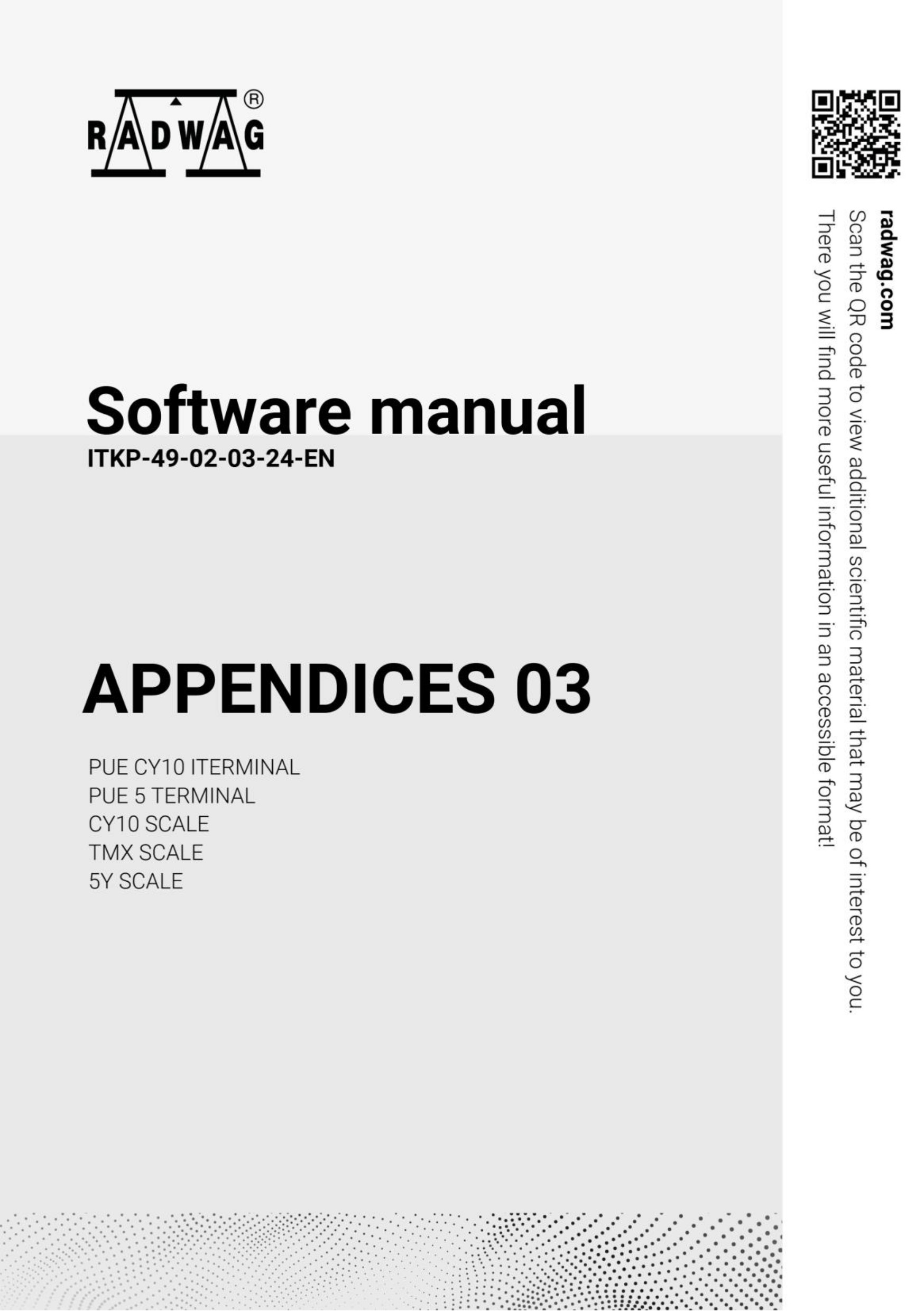
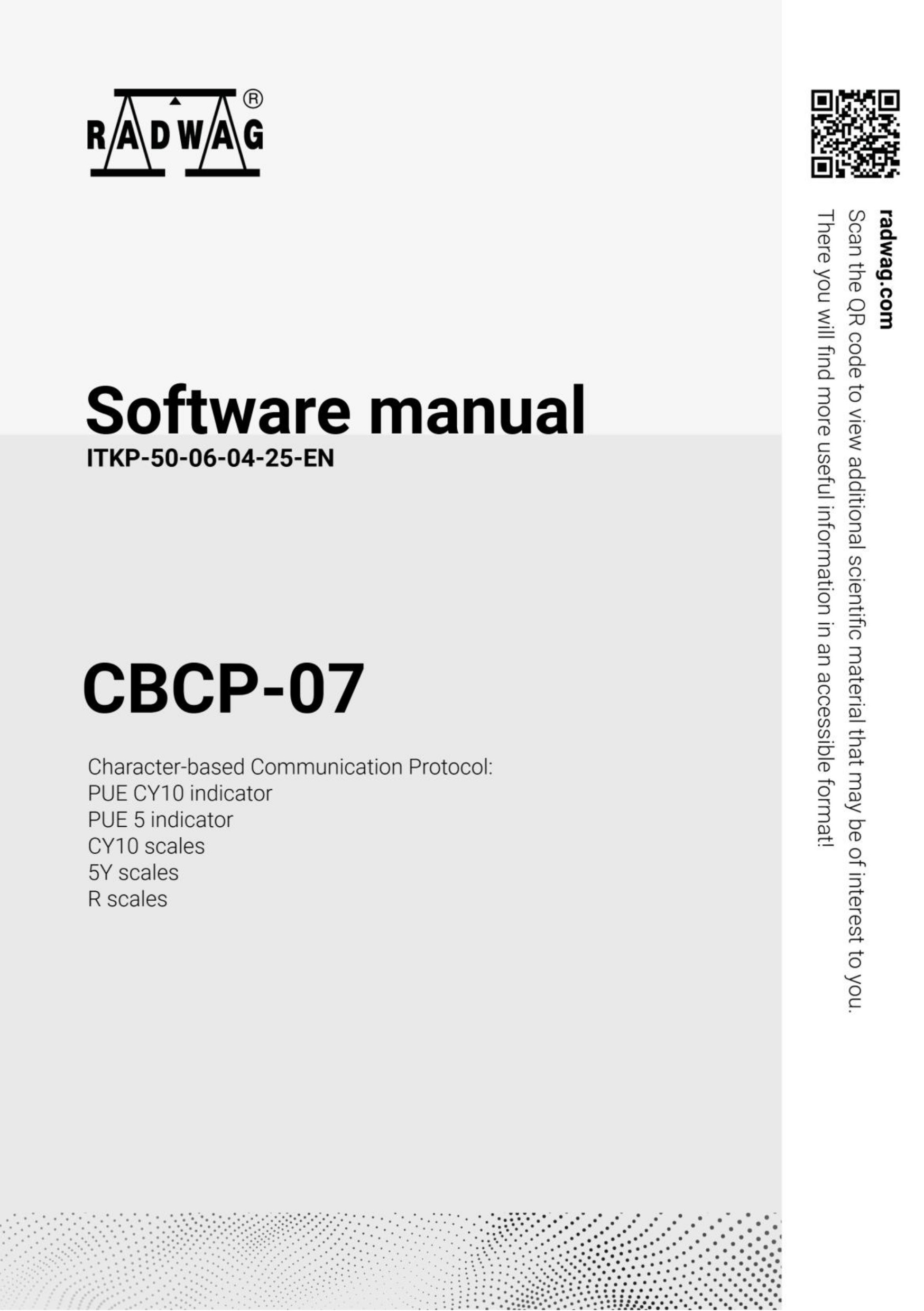



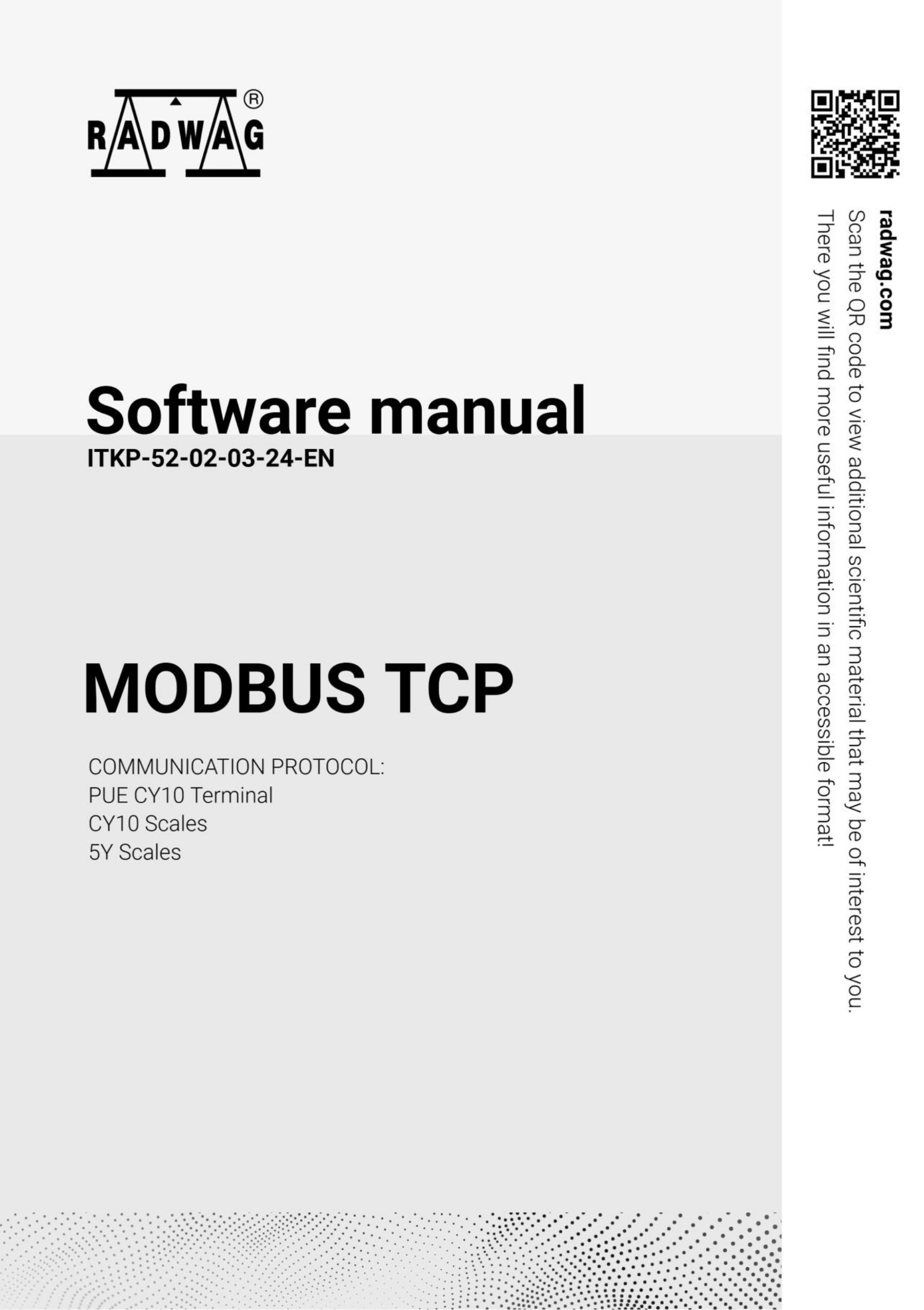



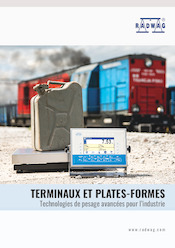
 Albanian
Albanian Danish
Danish Nederlandse
Nederlandse Estonian
Estonian Finnish
Finnish Hungarian
Hungarian Icelandic
Icelandic Kazakh
Kazakh Latvian
Latvian Lithuanian
Lithuanian Macedonian
Macedonian Norwegian
Norwegian Portuguese
Portuguese Romanian
Romanian Russian
Russian Slovak
Slovak Slovenian
Slovenian Swedish
Swedish Ukrainian
Ukrainian Serbian
Serbian Montenegrin
Montenegrin Português (Brasil)
Português (Brasil) Deutsch
Deutsch English
English Español
Español Italiano
Italiano Japanese (日本語)
Japanese (日本語) Polski
Polski Türkiye
Türkiye Česky
Česky USA
USA 中文
中文
















